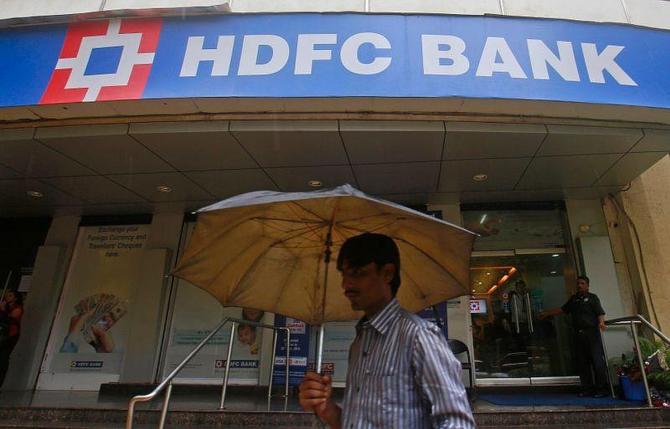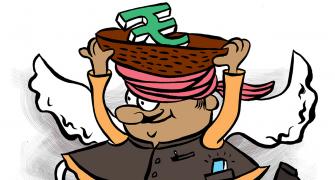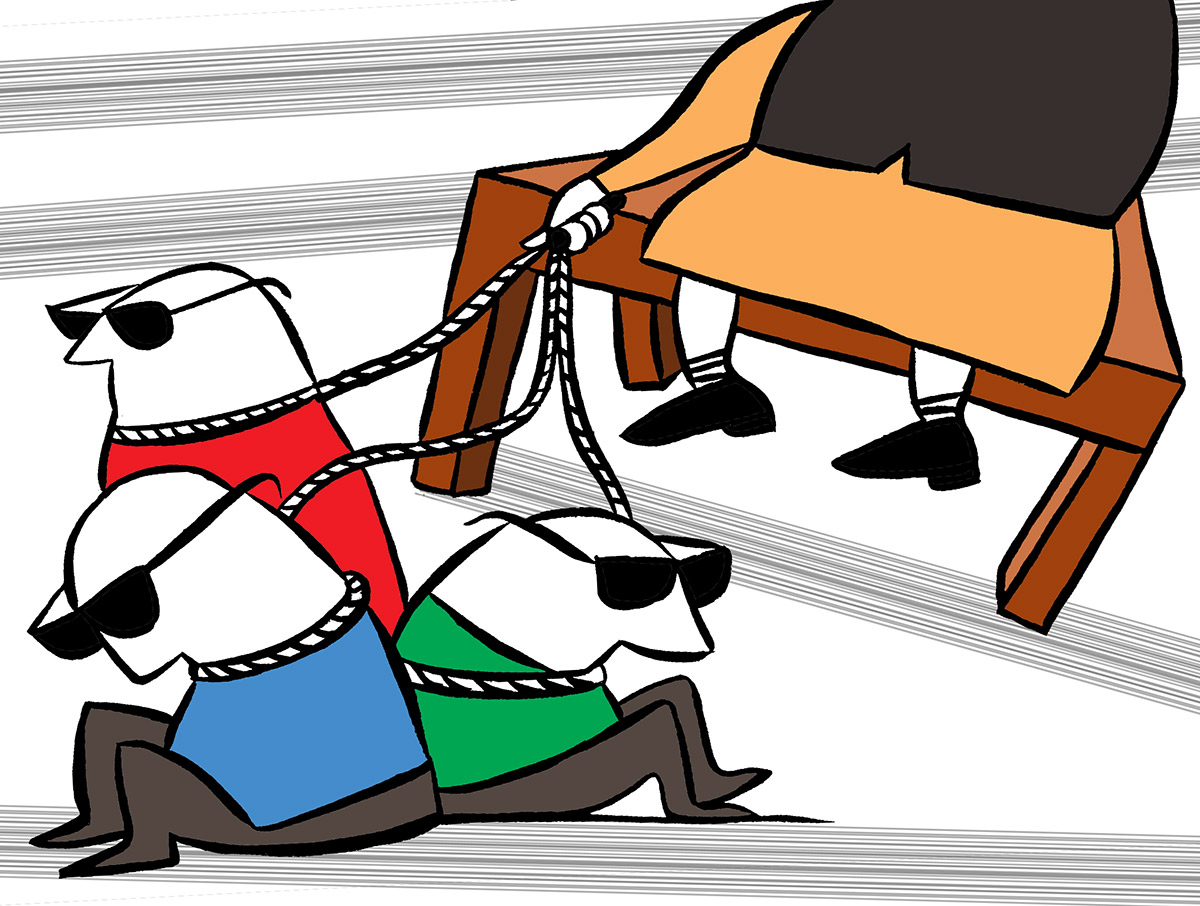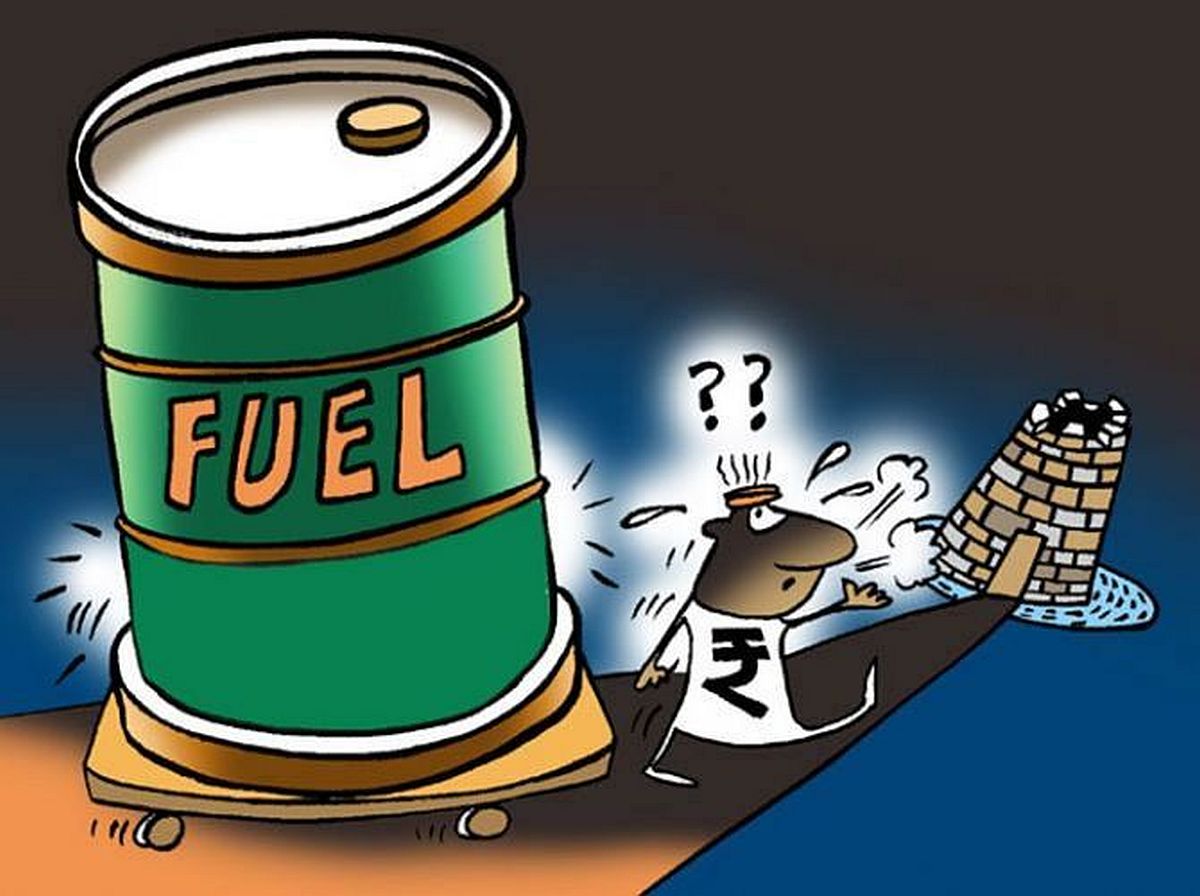While HDFC Bank has vowed to recoup its lost market share in the credit card segment in three to four quarters by aggressively sourcing new cards, brokerages believe it is a little hard to come by, given how competitive the landscape has become, with other players in the market becoming equally aggressive to gain market share.

Kotak Institutional Equities in its report on Monday said, “We would like to believe that the recovery in market share is likely to be gradual, if any.
"All the key players, including Axis Bank, are now willing to expand their credit card portfolios as they have tested quite well against Covid-19.”
“With retail asset quality holding up well, competition is likely to be strong.
"The ability to expand market share in this environment is likely to be challenging,” it added.
After nearly 10 months of restrictions, the Reserve Bank of India (RBI) lifted the embargo on issuing new cards in August last year.
Following the lifting of restrictions, the bank stated it would come back with a bang in the credit market and make up for lost time.
Since August 2021, the bank has added over 1.3 million credit cards to its portfolio up until January (latest RBI data).
Yet, the bank has shed 20 basis points (bps) in market share, in terms of the number of cards, while the key gainer among large players has been Axis Bank, with 50 bps gain since August 2021, according to Macquarie Research.
Similarly, HDFC Bank’s market share in spends is down 170 bps since the embargo lifted, while SBI Cards and ICICI Bank have gained 130 bps and 180 bps, respectively, over the same period.
Speaking to Business Standard recently, Parag Rao, country head-payments business, digital banking, and consumer finance, HDFC Bank, said the embargo has impacted its incremental growth rates and its market share (number and spends).
“It will take us at least three to four quarters to get back to our growth in market-share run rate.
"We will slowly start seeing the impact of new issuances, which we have been doing since September, because they will now start contributing to the spends.
"The partnerships, which we have announced in December and January, will also start kicking in,” Rao had said.
Meanwhile, over the weekend, the RBI lifted restrictions on digital launches of the bank after a gap of 15 months.
Analysts are of the view that with the RBI lifting all curbs, the bank is well-positioned to push the launch of payments and customer experience hubs, neobank vertical, and ecosystem platform.
According to a note by Jefferies, the lifting of restrictions will help the bank push the aforesaid key digital initiatives over the next six to 12 months.
It will also allow the bank to smoothen business-as-usual initiatives, instead of having to seek clarity from the RBI in case of doubt, it said.
“The fact that the RBI took nearly 15-plus months to revoke the ban clearly indicates it has taken time to do a thorough due diligence and then revoked the ban.
"We view this development as a significant positive milestone,” said Macquarie Research in its report, adding, “By lifting the ban, the RBI is sending a signal that we are fine with the bank’s information technology system and capabilities.”
According to Motilal Oswal Financial Services, HDFC Bank’s operating performance witnessed deterioration after implementation of the RBI curbs.
Retail loan growth moderated to 7 per cent in 2020-21 (FY21), compared with 15 per cent in 2019-20 (FY20).
A stronger performance in wholesale business, however, offset the impact on overall loan growth.
HDFC Bank delivered 14 per cent growth in overall loans in FY21 relative to 21 per cent in FY20.
During the embargo period, its net interest margin (NIM) reported a decline of 20 bps to 4.1 per cent.
Hence, growth in pre-provision operating profit (PPOP) declined to 18 per cent in FY21, from 23 per cent in FY20.
“However, with restrictions no longer in place, we expect buoyancy in retail loans, driven by aggression of the bank to regain lost ground.
"This, in turn, will improve its loan growth, expand NIM marginally, and result in higher PPOP growth," said the brokerage house.
Analysts expect the bank’s underperformance to reverse as a key overhang has been addressed. The stock may not touch its previous valuation peak as alternatives have emerged.










